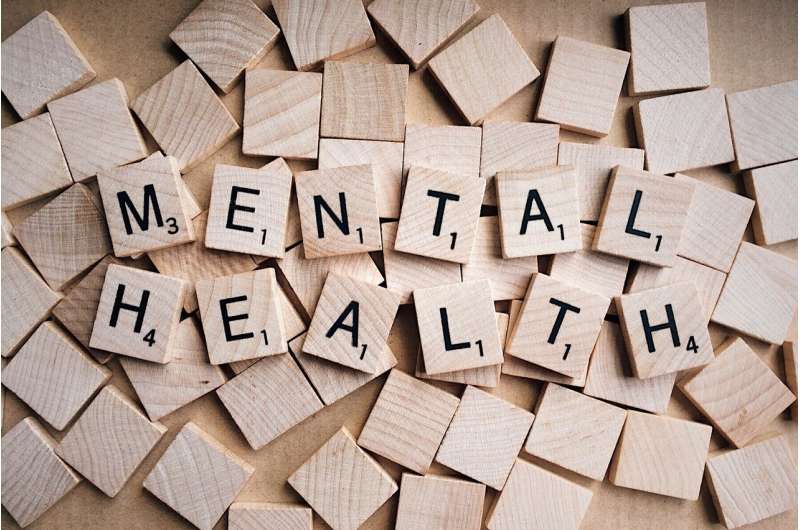The Risks of Reducing Mental Health to Buzzwords and Trends

Online trends and buzzwords risk trivializing mental health, leading to misinformation and stereotypes. Learn how superficial campaigns may do more harm than good in raising awareness.
In recent years, social media campaigns and online trends have increasingly used mental health terminology, often in a superficial or sensational manner. While efforts like the Ice Bucket Challenge aimed to boost awareness and raise funds—such as the $300,000 raised for ALS—similar campaigns targeting mental health often lack clear goals or measurable impacts. Although well-intentioned, these initiatives can obscure the seriousness of mental health disorders by turning them into trendy catchphrases.
Many young people are exposed to mental health topics through platforms like Instagram, where influencers publicly proclaim that "mental health is important," sometimes without deeper understanding. This widespread dissemination of mental health slogans may inadvertently contribute to misinformation and trivialization. For instance, terms like "Menty B" (mental breakdown) or claiming to have panic attacks over minor stressors are becoming common and can lead to self-diagnosis based on misinformation.
A 2023 study highlights a concerning trend: the frequent use of mental health-related language in social media may cause individuals to confuse temporary emotional states with clinical conditions. This "prevalence inflation hypothesis" suggests that casual references to anxiety, panic attacks, or depression can distort public perception, making serious illnesses seem like everyday mood swings.
Moreover, the glamorization and oversimplification of mental health struggles risk reinforcing stereotypes rather than fostering genuine understanding. Conditions like Seasonal Affective Disorder (SAD), schizophrenia, or eating disorders are complex and often misunderstood. Reducing these illnesses to internet trends diminishes their real impact and can hinder those genuinely affected from seeking appropriate help.
It's crucial to approach mental health conversations with critical awareness, moving away from viral catchphrases and towards education based on accuracy and empathy. Only through precise language and informed dialogue can society genuinely support mental health awareness and reduce stigma.
Source: https://medicalxpress.com/news/2025-05-mental-health-buzzwords-online-trends.html
Stay Updated with Mia's Feed
Get the latest health & wellness insights delivered straight to your inbox.
Related Articles
Digital Mental Health Interventions Reduce Depression and Anxiety in Displaced Children
A recent study shows that brief, digital mental health interventions can effectively reduce symptoms of depression and anxiety in refugee youth, offering a scalable solution to support displaced children worldwide.
Study Finds Controlling Coaching Tactics Harm Athletes' Mental and Physical Well-Being
Controlling coaching behaviors can negatively impact athletes' mental health and increase risks of burnout. Recent research advocates for autonomy-supportive coaching to promote athlete well-being and resilience.
Gut-Brain Axis Influences Treatment Success in Bipolar Disorder, Study Reveals
New research highlights the crucial influence of the gut-brain axis on treatment response in bipolar disorder, opening doors to personalized therapies and microbiome-based approaches.



